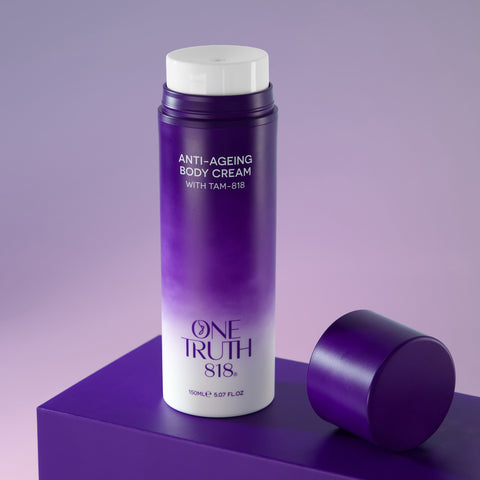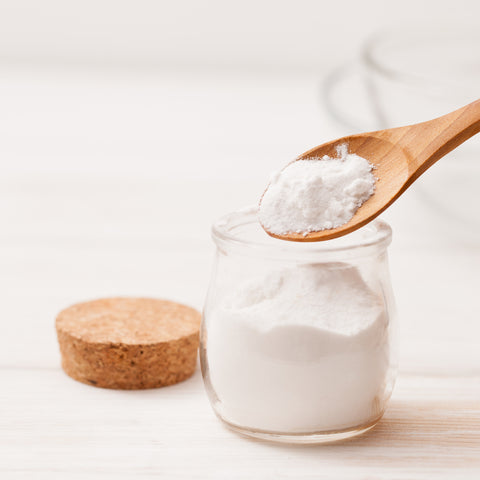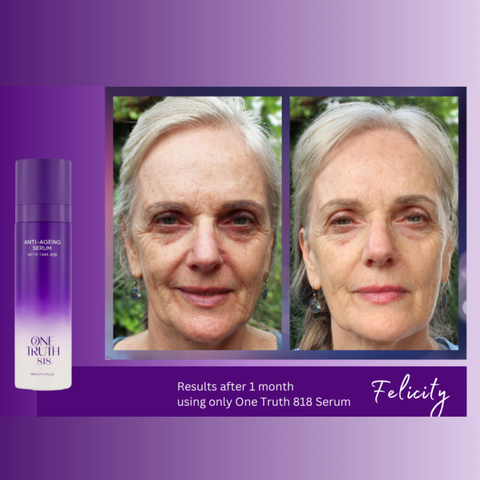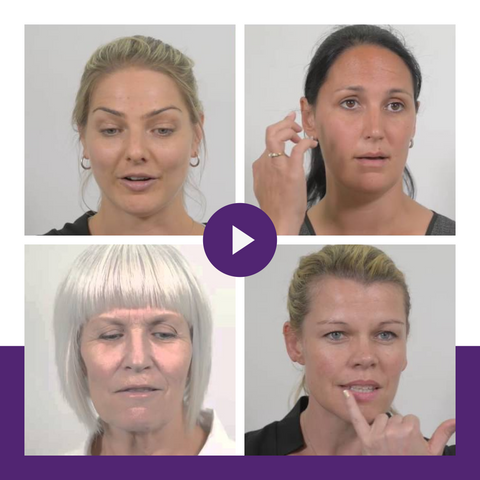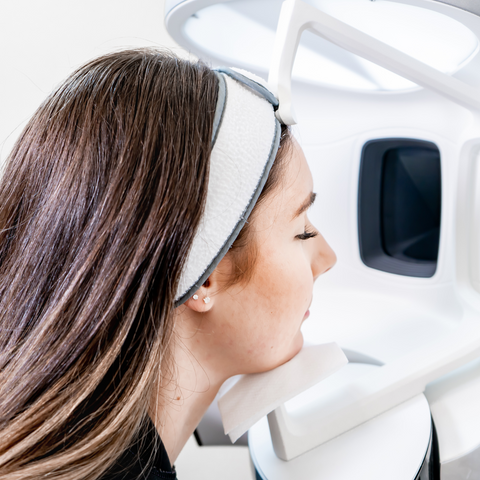A recent study by Yiqiang Zhan and Sara Hagg of Biobank UK found that there is a direct correlation between Telomere length and a more youthful appearance. In a study using 417,772 customers of Biobank UK, all of whom had already had their genomes sequenced. The participants were then asked “Do people say that you look younger than you are, older than you are, about your age, do not know, and prefer not to answer”.
The results were then tabulated and compared to existing genetic data based on 20 genetic variants known to be linked to telomere length. Four different methods of statistical analysis were then used to determine that 95% of facial skin with longer telomeres looks younger than facial skin with shorter telomeres - but of course we already knew that!
What really impressed me about Biobank however is that just to be sure of the results, they then looked at another 98 genes, known to change morphology with age and found the exact same pattern. Here is what they concluded
“...we found that longer genetically predicted leukocyte Telomere Length was associated with a lower likelihood of facial aging. Our study, corroborating previous experimental studies of skin cells, provides further evidence to support a causal role of leukocyte TL in facial aging”.
In the plain English, the longer your telomeres the younger you will look.

What I love about this study is the number of participants used - 417,772! Never before has anything even close to this number been done and we can only hope to see more of these kind of studies being done in future as more and more people pay to have their genomes sequenced. Of course this is a huge vindication for companies like ours who have been telling our One Truth 818 customers this for years!
The only criticism I have is that in the introduction to the paper, the author quite rightly points to a correlation between cellular skin renewal and telomere length but then very incorrectly jumps to the conclusion that a higher rate of renewal causes longer telomeres, when in fact it is the opposite way around (As our long-term followers will know).
Longer telomeres in younger skin cause skin cells to turn over faster, we know this, children heal faster than adults for example, we also know that telomeres get shorter with each division. Apart from that one blunder however I found that the scientific methodology was sound and the statistical analysis top class! An excellent study and we look forward to more just like it.


